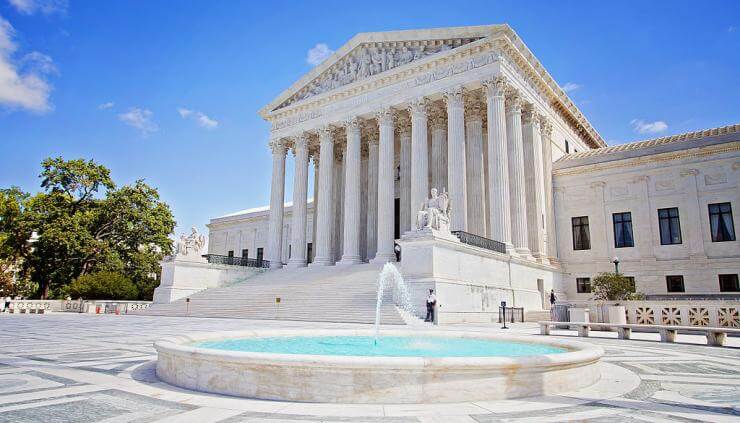New reports revealed Monday that military academies of the United States Army, Navy, and Air Force are facing a court fight over whether they can continue using race in admissions despite the U.S. Supreme Court's recent ruling that initially allowed them a pass.
The organization Students for Fair Admissions stated that it was preparing legal challenges to the military academy exception by creating a website, soliciting individuals rejected for admission by the military academies.
Edward Blum, president of Students for Fair Admissions, told Military.com that the group would not "speculate on admission criteria other than to assert that race and ethnicity cannot be a factor in the acceptance or rejection of any applicant to our nation's service academies."
Blum also said the "founding principles of the American civil rights movement are that a person's race or ethnicity should not be used to help or harm those individuals in their life's endeavors."
In June, the Supreme Court ended race-based affirmative action in public and private education. U.S. Chief Justice John Roberts exempted military academies in a footnote stating that it took notice of the government's argument that "race-based admissions programs further compelling interests at our nation's military academies."
The U.S. Naval Academy also released a statement to Military.com stating that candidates are "evaluated using a holistic approach that includes many different factors and considerations associated with each applicant's record."
The Naval Academy added that historically race has "been one of many non-determinative factors considered when holistically evaluating candidates for appointment consideration."
Following the Supreme Court's decision in June, the Pentagon stated that it would evaluate the implications of the decision.
"We rely on a pipeline of highly qualified American patriots from all walks of life and all backgrounds, which is crucial for our national security," the Pentagon said.
Currently, the U.S. Armed Forces rely on a race-conscious admissions process that has been in place for years in military academy admissions and recruiting from civilian universities, according to the government's brief in the Supreme Court case.
In a recent release, the U.S. Military Academy said West Point's incoming class of 2027 has more than 1,240 American citizens and 14 international students, including 247 women and 463 minorities.
The class was selected from a pool of 12,600 applicants with minority enrollment, roughly 38%, including 127 African Americans, 137 Hispanic Americans, 170 Asian Americans, and 18 Native Americans, the release said. According to a 2021 Defense Department report on demographics, 69% of active-duty troops identify as white, while about 31% identify as part of a racial minority group.
Related Story: 5 Ways the U.S. Military Has Become ‘Woke’










